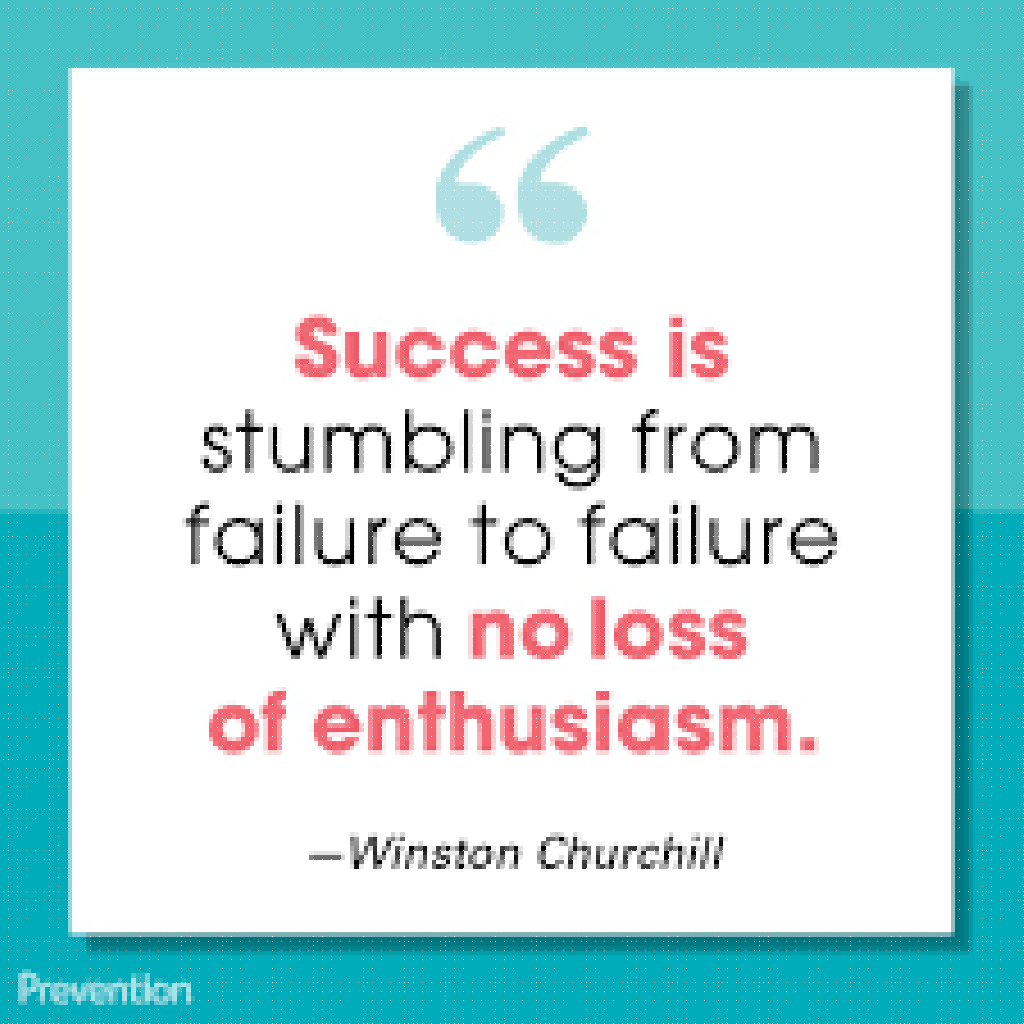Key Takeaways:
- Entrepreneurs must balance risk and innovation to achieve sustainable success in their ventures.
- Crafting a strong customer value proposition is essential in differentiating your business in a competitive market.
In the fast-evolving landscape of entrepreneurship, effective leadership concepts stand out as essential drivers of success. Leaders in any entrepreneurial venture play a vital role in guiding teams, shaping culture, and navigating the often murky waters of risk-taking. So, what does it take to embody effective leadership within this realm? In this article, we will delve into the fundamental principles of leadership and how they can be harnessed to foster innovation, resilience, and growth in your business.
Why is Effective Leadership Crucial for Entrepreneurs?
Effective leadership is pivotal for entrepreneurs for several reasons. First and foremost, it establishes a vision that serves as a guiding star for the entire organization. Leaders are not simply decision-makers; they are visionaries who inspire others to join them on their mission. This level of influence is what differentiates a thriving enterprise from one that struggles to coalesce around goals.
Moreover, effective leadership nurtures a culture of accountability and trust within teams. When team members feel valued and understood, they are more likely to invest their energies in driving the business forward. This culture also provides a cushion against the uncertainties of entrepreneurship — fostering resilience that is vital in the face of challenges.
How Can Entrepreneurs Cultivate Managerial Skills?
While technical skills may get an entrepreneur through the door, it is managerial skills that ultimately pave the path to long-term success. The misconception often lies in the belief that being a founder requires solely creative and strategic thinking. On the contrary, effective entrepreneurs must hone their ability to manage people, resources, and processes efficiently.
Consider these managerial skills as essential components:
- Communication: The ability to communicate clearly—both in writing and verbally—is paramount in leadership. Whether providing feedback or conveying the company vision, effective communicators are adept at ensuring everyone is on the same page.
- Decision-Making: Entrepreneurs frequently face pivotal decisions with significant outcomes. By leveraging data and analytics, leaders can make informed decisions that align with their business strategy.
- Emotional Intelligence: Understanding and managing one’s emotions, as well as those of others, can lead to more empathetic and effective leadership. This skill is crucial, especially during high-stress periods.
- Conflict Resolution: In the course of business dealings, conflicts are inevitable. Strong leaders must navigate and resolve conflicts in a way that maintains team morale and trust.
What Role Does Risk-Taking Play in Entrepreneurship?
Risk-taking is an inherent part of entrepreneurship. Those who enter this world must accept that uncertainty is part of the journey. However, effective leadership can transform a potentially hazardous situation into an opportunity for growth. Understanding the different types of risks — operational, financial, and strategic — can aid entrepreneurs in navigating through uncharted waters.
For instance, embracing calculated risks rather than reckless decisions can help in seizing potential market opportunities. An effective leader inspires a culture where team members feel empowered to suggest innovative ideas without the fear of failure. This environment of calculated risk-taking can lead to breakthroughs that may not have been possible under more stringent management styles.
How to Develop a Strong Customer Value Proposition?
A strong customer value proposition is the heartbeat of any successful venture. It conveys not just the products or services offered but also the unique benefits that set the business apart. Leaders should collaborate with their teams to identify and articulate these unique selling points in a compelling manner.
Here are some strategies to hone your customer value proposition:
- Understand your audience: Conduct market research to understand customer needs and preferences. This foundational knowledge allows for the refinement of products and services that resonate with your target market.
- Segmentation: Recognize the significance of dividing your audience into different segments. Tailored propositions for each segment can significantly improve engagement and conversion rates.
- Feedback loops: Encourage customer feedback and make adjustments based on fresh insights. Continuous improvement based on customer input solidifies your value proposition in the market.
What Types of Entrepreneurs are More Likely to Succeed?
Success in entrepreneurship is not a one-size-fits-all narrative. Different types of entrepreneurs bring unique perspectives and strengths. Understanding these categories can aid in defining personal aspirations and strategies.
- Visionary Entrepreneurs: These individuals are ahead of their time, driven by the desire to create what has not yet been realized. Their role often involves pushing boundaries in innovation.
- Traditional Entrepreneurs: They overcome barriers with well-established business models, focusing on proven strategies in stable markets.
- Social Entrepreneurs: This group emphasizes social change or environmental sustainability, showcasing that profitability can coexist with ethical responsibilities.
By identifying and leveraging personal strengths within these categories, aspiring entrepreneurs can create tailored paths to success.
Final Thoughts
In summary, effective leadership is essential for entrepreneurial success. By cultivating managerial skills, embracing risk-taking, and fostering a strong customer value proposition, entrepreneurs can navigate their unique journeys with purpose. As the business landscape continually evolves, honing these leadership principles will ensure that you remain resilient and ready to seize opportunities as they arise. Remember, the road to entrepreneurial success is paved not just with innovative ideas but also with effective leadership that inspires and empowers others.











